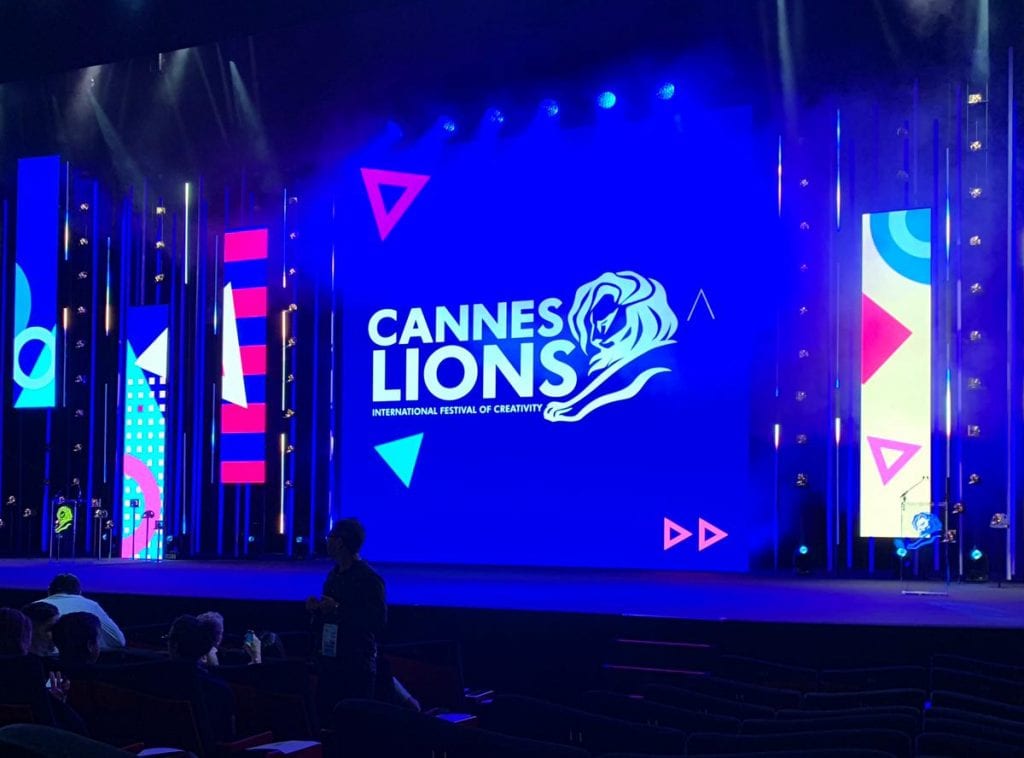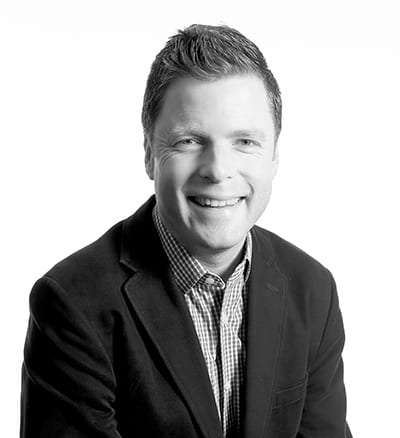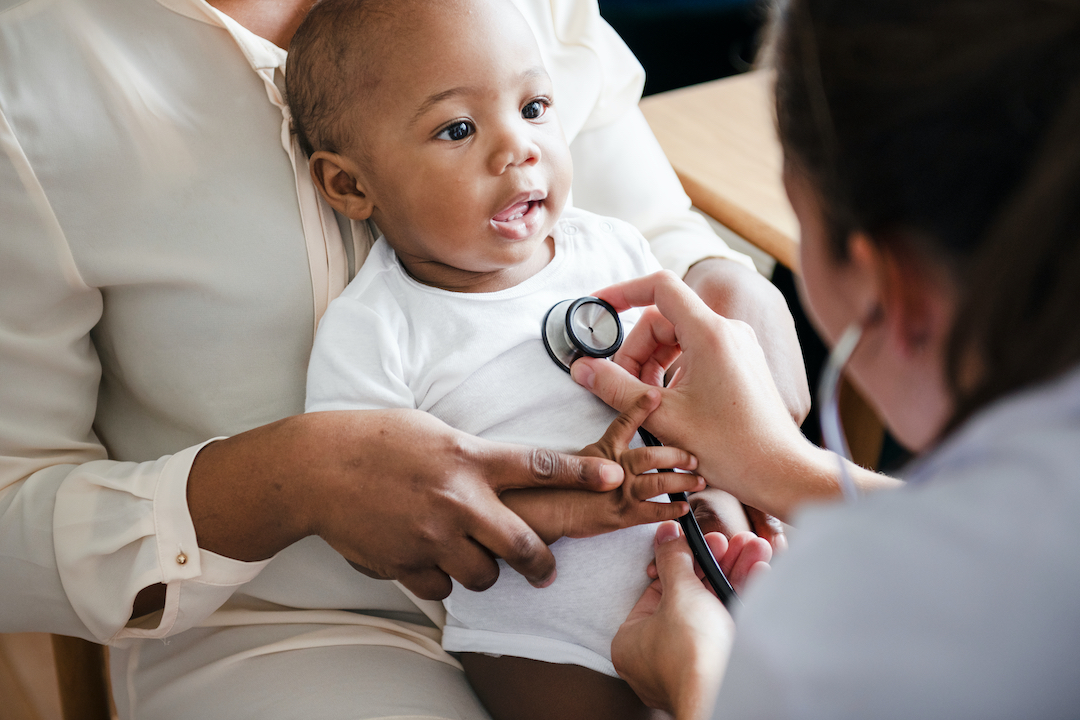I’ll admit it now – I’m a Cannes rookie. I was wholly unprepared for the dazzling array of opportunity, creativity and campaign brilliance at this annual gathering of creative professionals. Truly the latest and greatest in hardware, software and menswear.
What’s been most interesting, however, is the broad array of business-critical issues in healthcare that are debated and discussed during the Festival. Here’s a download on the key topics – everything from business purpose to Gen-Z, and more…

Defining Purpose in Healthcare:
Defining a business or organisation’s “purpose” is nothing new, but it’s perhaps now the hottest currency around and an absolutely crucial consideration in corporate comms planning. This is different from a vision, or mission – and relates to showing tangible evidence of being a force for good in the world. Many pharma businesses mistakenly (perhaps not unreasonably) believe their purpose is delivering effective medicines and therapies to the patients who need them. This however is the function of the business, not the purpose.
Defining your purpose as a healthcare business requires that you to look under every stone within the organisation and understand what the collective whole looks like in terms of your activity. This covers sustainability, how you treat your employees, your commitment to mental health and wellbeing, and all of the above-brand actions you take in society – whether this is charitable support, sponsoring or educating physicians, or something else. A picture will emerge enabling you to create a purpose statement that articulates why you exist as a business.
The Misinformation Problem in Health:
The rise of social has undoubtedly helped individuals with medical conditions find each other, interact and share stories. The downside is the proliferation of fake health news and misinformation that abounds across all social channels. I was reminded in a session that social media support networks can rapidly turn into misinformation echo chambers where inaccurate, potentially dangerous, information can quickly become established as fact.
The most visible example in 2019 is the spread of anti-vaccination misinformation. Those who oppose vaccines often cite mistrust in governments and the pharmaceutical industry. The biggest challenge for pharmaceutical brands – and the communicators that work with them – is whether to respond and combat inaccurate information, which can lend credibility to otherwise untrustworthy sources/stories in the process, or remain silent and risk further distrust and divide between parties?
The latter really isn’t an option. The health industry can’t be seen to stand back and distance itself from misinformation and fake news. Where it exists, it needs to be challenged. And there are no quick fix solutions – the key is establishing trust with stakeholders and working to become a credible voice and source of information without a hint of “commercial agenda” – this means looking at all of your social output at both a corporate and brand level and candidly assessing the authenticity and credibility of your brand voice in the marketplace.
Pharma has Gen-Z in its Sights:
A new generation of tech-enabled health “self-managers” has emerged, and this generation is going to live a very long life. There are moves at the senior end of most major pharma/medtech businesses to really understand the drivers and motivations of engaged Gen-Zers by commissioning insights-based research, which feeds into marketing and PR planning.
A key focus is mental health and wellbeing for this group as they are the first generation to live in a virtually stigma-free environment around mental health issues. Companies are connecting the dots between wellbeing and good management of chronic conditions – the major focus is making everything work on a phone. There is evidence to suggest health information is no longer being accessed via informative websites, e-books or lots and lots of text content – Gen-Z expect everything to be fully app-based, immediate, and rapid. And they’ll drop a health app like a stone if it isn’t updated constantly.
Clinical Data is Going Creative:
Time-poor, younger physicians and HCPs are seeking new and easy models to consume and understand clinical data. A real desire exists in the medical profession for smarter, more effective ways of communicating key phase III results and post-marketing observational data. Again, phones phones phones. Visualisation models for study outputs need to be app-based and always up to date.
This also applies to how data is presented at medical congresses and symposia – the emerging young generation of researchers and physicians want creative, visual and smart approaches to data.
So, as you can see, Cannes offers a great forum to discuss and debate key issues and trends in healthcare. And while this Cannes rookie has aching feet, it’s definitely been worth it.
Our Ketchum London Health MD Con Franklin is onsite at the 2019 Cannes International Festival of Creativity this week, capturing key trends and the latest and greatest campaigns. Reach out to him here with any questions, or register for our post-Cannes webinar where Con, and rest of the Ketchum Cannes delegation, will share what they found and how it will impact you, your business and the industry.



